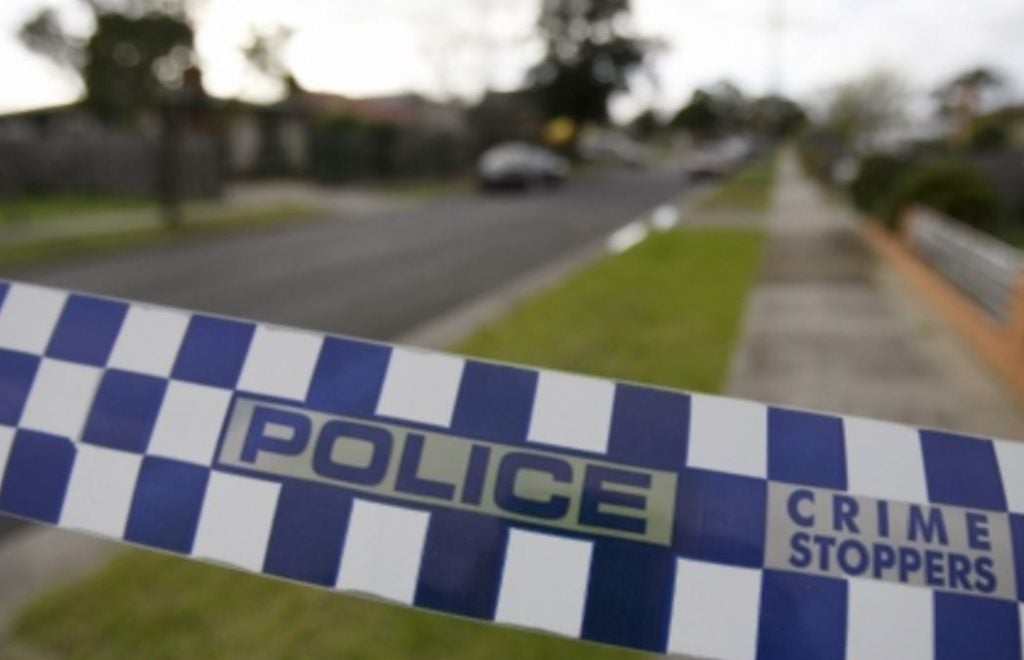
The College of Policing has said that new media guidelines are not designed to deter police officers from speaking to journalists.
The draft guidelines, published this week, have led to widespread concerns from journalists that they will further hinder journalists’ ability to speak to police officers. They outline a wide variety of circumstances in which enquiries should be referred to corporate communications staff rather than dealt with directly.
These include all serious crime appeals and anything relating to national media.
The guidelines also set out national rules on subjects like the release of police custody photographs and the fact that forces should not identify arrested suspects unless there are exceptional circumstances.
They replace a similar document published by the Association of Chief Police Officers in 2010.
College of Policing chief of staff Oliver Cattermole told Press Gazette: “The principle is very clear that we’re trying to encourage police officers to speak to the media providing they are responsible for the incident that they are dealing with. It’s not intended to inhibit police officers peaking directly to the media.
“I think most organisations would want to make the best use of their professional corporation comms departments and that’s intended to guide people as to when they might do so.”
Press Gazette asked Cattermole whether the new guidelines would stop a repeat of episodes like that involving Cliff Richard in 2014, where South Yorkshire Police confirmed to the BBC that the singer was being investigated in connection with an alleged historic sexual offence.
While declining to talk about specifics, in general he said: “The thing that runs right the way through tthe guidance is here is a set of principles, we can’t dictate every incident because you can’t predict those circumstances in advance.
“The problem with some of the high profile cases that we’ve seen hasn’t been so much that police forces have been naming individuals, it’s been that other individuals who are party to it [such as victims] have been putting names of individuals into the public domain.”
There have been widespread complaints from journalists around the country that police forces are less open than they once were. It is said that details of newsworthy incidents are often only released in response to specific questions from journalists, rather than pro-actively.
A number of police officers have been convicted of misconduct offences in recent years after accepting money from tabloid journalists for information. Officers have also been arrested and sacked for making unauthorised disclosures to journalists where no money has changed hands.
Cattermole said of the new guidelines: “It’s not intended to be restrictive. It is a consultation, people will have their views on whether we’ve got this right and if we can improve it we will.
“The bigger picture is it’s disappointing that relationships between police and the media have suffered following all the attention they’ve had, numerous cases and Leveson.
“I understand there is disquiet about police not being as accessible or open as they have been and that’s definitely something we want to address because its really important to accountability and legitimacy in policing.
“But by the same token you can’t escape the fact that Leveson and some of those other cases have been around and have since exposed things that shouldn’t have happened.
“We are trying to get a balance around some clarity on what looks like good ethical professional behaviour, consistency, clear expectations on both sides but still encourage that openness and transparency and accountability.”
Email pged@pressgazette.co.uk to point out mistakes, provide story tips or send in a letter for publication on our "Letters Page" blog

